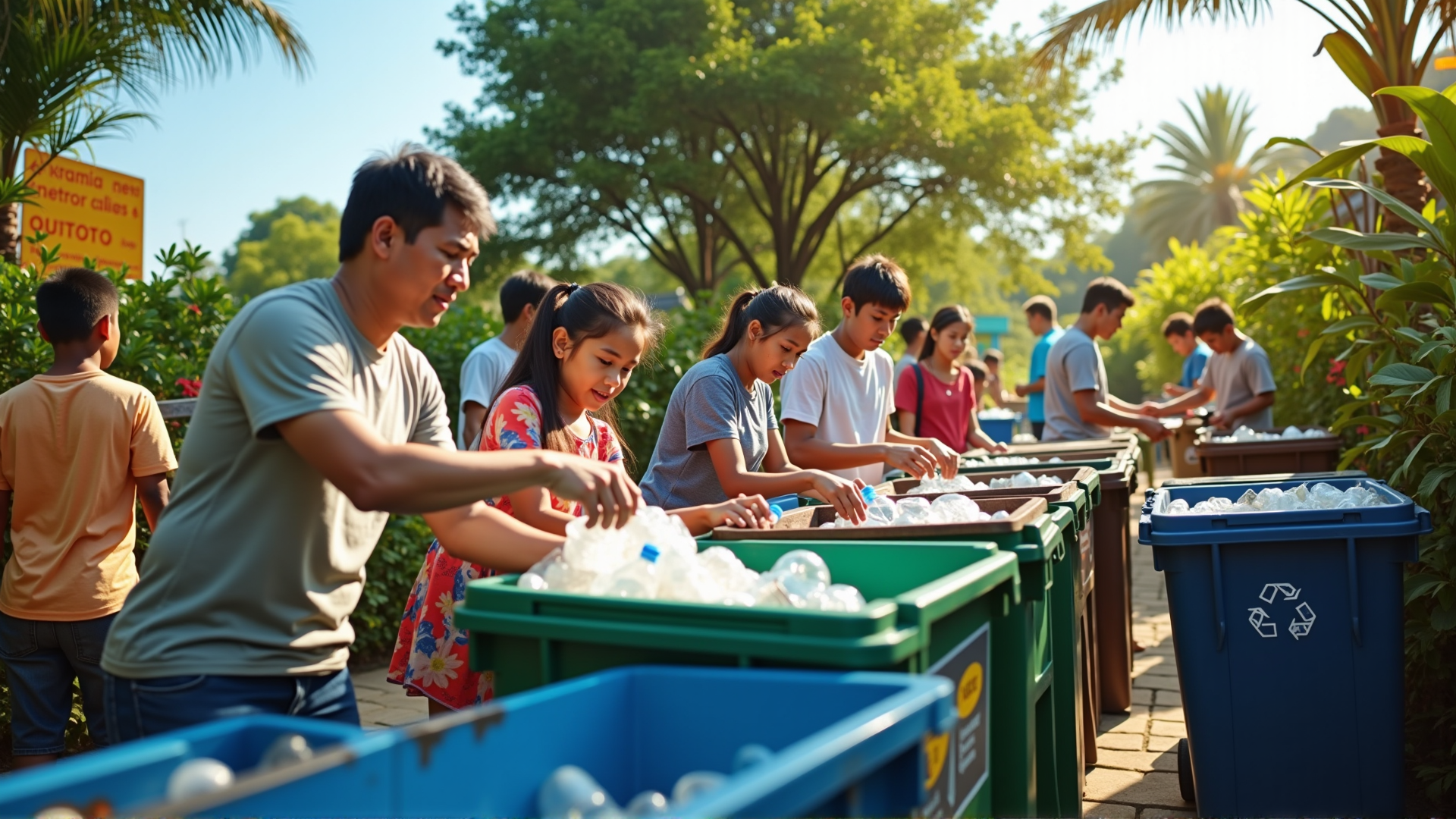In recent years, remarkable progress has been made in the field of recycling technologies, ushering in an era where waste is being transformed into valuable resources with unprecedented efficiency. This surge in innovation is driven by a global push toward sustainable practices and a realization of the environmental impact of traditional waste disposal methods.
One of the standout advancements is the development of enhanced sorting technologies that use artificial intelligence and machine learning. These advanced systems are capable of identifying and classifying materials with astonishing precision, significantly reducing contamination in recyclables. By ensuring that each material type is accurately sorted, these technologies enhance the overall quality of the recycled output, making it more suitable for reuse in manufacturing processes.
Another exciting breakthrough is the refinement of chemical recycling methods. Unlike traditional mechanical recycling, which often downgrades the quality of materials, chemical recycling breaks down plastics and other substances to their basic molecular form. This process not only ensures a higher quality of recycled material but also allows for the recycling of complex composites that were previously difficult to process. This opens up new avenues for transforming mixed-material wastes into high-value products.
Biodegradable plastics have also seen a leap forward through innovations in this domain. By engineering materials that can break down into non-toxic components more efficiently, researchers are minimizing the long-term impact of plastics on the environment. These materials offer the dual benefit of being both durable in use and having a shorter decomposition time once they enter the recycling system or are discarded.
For organic waste, advancements in composting technologies now allow for rapid breakdown processes, significantly reducing the time it takes for organic materials to turn into useful compost. Aerobic digestion and improved microbial treatments have made these systems viable even in urban environments, where space and emission concerns are paramount.
Furthermore, community engagement and education have played a crucial role in these technological advancements. Public awareness campaigns and educational programs have led to increased participation in recycling initiatives and a more informed populace making conscious decisions about waste disposal and resource use.
In conclusion, the latest developments in recycling technologies are revolutionizing the way we view waste, converting it from a mere byproduct of consumption to a valuable input in manufacturing cycles. As these technologies continue to evolve and become more widely implemented, they promise a cleaner, more sustainable future with reduced reliance on virgin resources and a greater emphasis on a circular use of materials.
